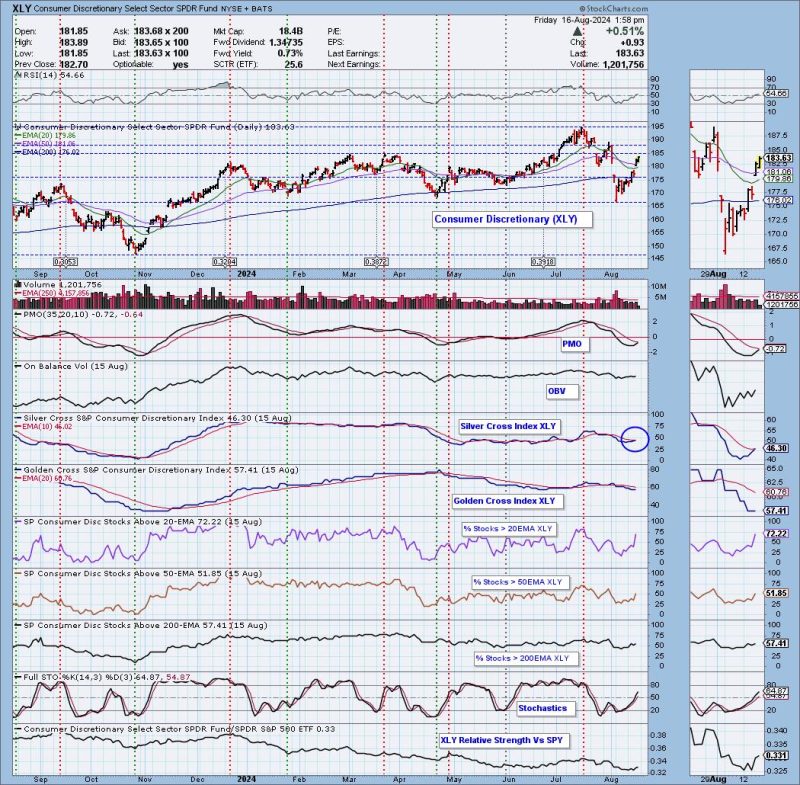Technology Revamp in the Consumer Discretionary Sector: A Bullish Trend on the Horizon
The consumer discretionary sector has been noticing a significant shift in recent times as technology continues to reshape the way businesses operate and how consumers interact with products and services. This digital transformation has created a bullish bias, with many companies within the sector embracing innovative IT solutions to stay competitive and meet evolving consumer demands.
One area where this bullish trend is particularly prominent is in online retail. E-commerce giants have been investing heavily in technologies such as artificial intelligence (AI) and machine learning to enhance the customer shopping experience. These technologies enable companies to provide personalized recommendations, streamline the checkout process, and improve overall customer satisfaction.
Moreover, the rise of mobile shopping has also played a crucial role in driving the bullish bias in the consumer discretionary sector. Companies are optimizing their websites and mobile apps for a seamless user experience, making it easier for consumers to browse and purchase products on their smartphones and tablets. Additionally, the integration of mobile payment solutions has further simplified the purchasing process, increasing convenience for consumers and boosting sales for businesses.
Another area where technology is reshaping the consumer discretionary sector is in the entertainment industry. Streaming services have gained immense popularity, prompting traditional media companies to invest in their digital platforms to compete effectively. By leveraging big data analytics and content recommendation algorithms, these companies can offer a personalized viewing experience to their subscribers, leading to increased engagement and retention.
Furthermore, the integration of Internet of Things (IoT) devices has opened up new opportunities for companies in the consumer discretionary sector. Smart home devices, wearable technology, and connected appliances are becoming increasingly prevalent, allowing companies to gather valuable consumer data and deliver more targeted products and services. This connectivity has also enabled companies to offer innovative solutions such as smart home security systems and personalized health monitoring devices.
In conclusion, the bullish bias in the consumer discretionary sector driven by technological advancements presents a wealth of opportunities for companies willing to embrace innovation. By investing in IT solutions, optimizing online platforms, and leveraging data-driven strategies, businesses can stay ahead of the curve and meet the changing needs of consumers in today’s digital age. As technology continues to evolve, companies that proactively adapt to these changes will be well-positioned to thrive in the competitive consumer discretionary landscape.

